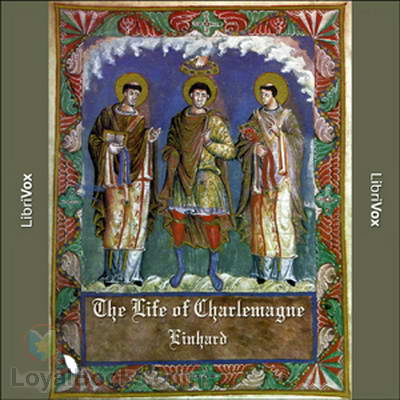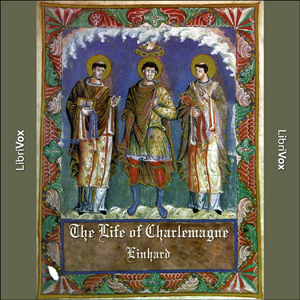

Although not written along strictly chronological lines, Collins' book is essentially a recounting of the unfolding of political events. Modestly setting his sights on producing 'a monograph-length treatment of the reign', Collins robustly asserts that 'it is not really possible to write a biography of Charlemagne, in the sense of a work that uncovers its subject's personal hopes, fears, aims, ambitions, phobias and foibles, and tries to explain what he thought, rather than something of what he did' (p. Roger Collins is well aware of the problems facing a would-be medieval biographer, even one whose subject is a ruler who was the focus of contemporary attentions to an extraordinary degree. The publication of a well-marketed, nicely-produced and keenly-priced biography is thus timely: here is an ideal opportunity to tap and inform the burgeoning interest in early medieval history amongst both undergraduates and the documentary-watching and book-buying public, through an exploration of the career and achievements of the early medieval ruler par excellence.

Yet, thanks in no little part to that remarkable cohort of English early medievalists which includes Roger Collins amongst its number, our understanding of the culture, politics and society of Carolingian Europe has been transformed in the past decades. In spite of the ever-growing volume of academic monographs and articles on the Carolingian period, there is no even vaguely adequate introduction in English, French or German. The lack of synthetical treatments of the reign of Charlemagne is both striking and surprising.


 0 kommentar(er)
0 kommentar(er)
